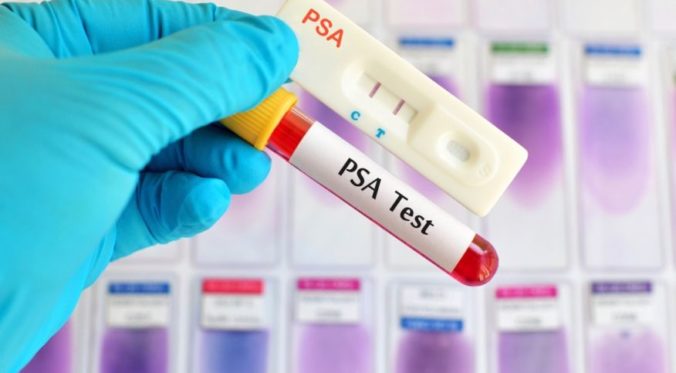Because of the proximity of the prostate gland in relation to the bladder and urethra, prostate cancer may be accompanied by a variety of urinary symptoms. Depending on the size and location, a tumor may press on and constrict the urethra, inhibiting the flow of urine. Some prostate cancer signs related to urination include:
-Burning or pain during urination
-Difficulty urinating, or trouble starting and stopping while urinating
-More frequent urges to urinate at night
-Loss of bladder control
-Decreased flow or velocity of urine stream
-Blood in urine (hematuria)
Other prostate cancer signs & symptoms
Prostate cancer may spread (metastasize) to nearby tissues or bones. If the cancer spreads to the spine, it may press on the spinal nerves. Other prostate cancer symptoms include:
-Blood in semen
-Difficulty getting an erection (erectile dysfunction)
-Painful ejaculation
-Swelling in legs or pelvic area
-Numbness or pain in the hips, legs or feet
-Bone pain that doesn’t go away, or leads to fractures


